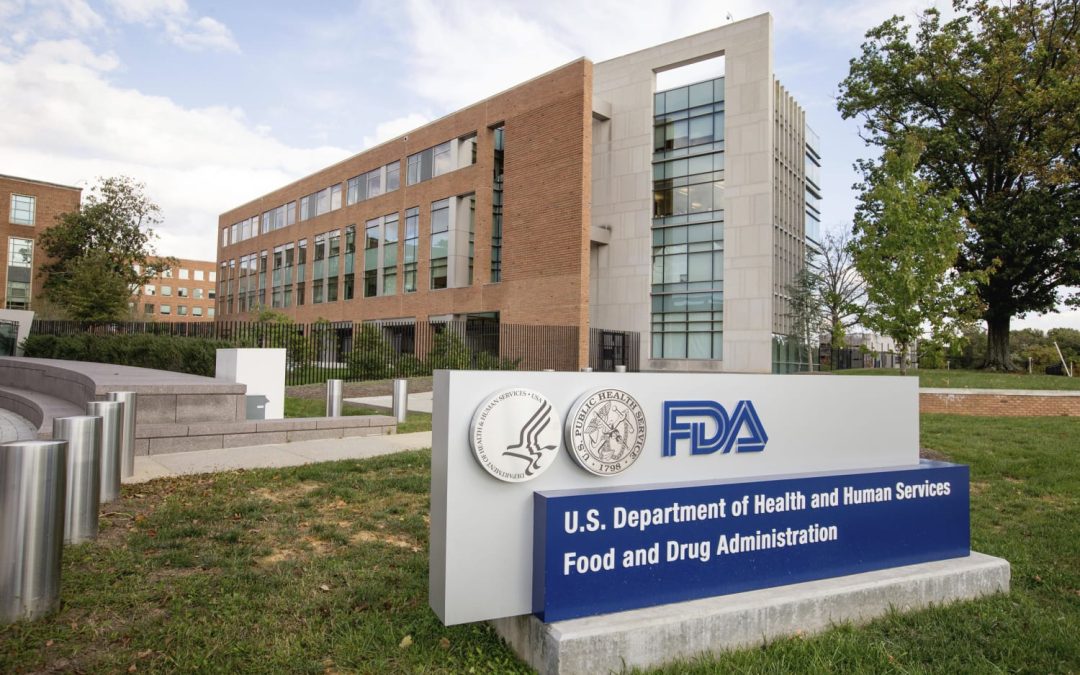WASHINGTON: Three prominent American lawmakers have raised concerns about the Food and Drug Administration’s (FDA) foreign drug inspection program in India and China. In a letter to FDA Commissioner Robert Califf, the lawmakers highlighted inconsistencies in inspection outcomes, suggesting institutional weaknesses and dysfunction within the FDA’s foreign drug inspection program.
The letter, dated June 21, was authored by House Energy and Commerce Committee Chair Cathy McMorris Rodgers, Subcommittee on Health Chair Brett Guthrie, and Subcommittee on Oversight and Investigations Chair Morgan Griffith. It followed an analysis of FDA inspections conducted in India and China from January 2014 to April 2024. “The results of this analysis were surprising, revealing tremendous variation in inspection outcomes. Some FDA inspectors found compliance issues during all or almost all of their inspections. Other inspectors rarely reported finding a single compliance issue. Two inspectors never found a single compliance issue throughout a combined 24 inspections in India,” they wrote.
One inspector found no compliance issues in 20 out of 23 inspections (85 percent) in China while identifying compliance issues in nearly half of domestic inspections during the same period. These unusual inspection outcomes contradict the widely reported quality control failures and lack of adherence to current good manufacturing practices by drug manufacturing facilities in China and India, the lawmakers noted.
In contrast, 16 FDA inspectors, who collectively conducted over 325 inspections in India, found compliance issues in every inspection they performed. The committee reviewed the inspection outcomes for three FDA inspectors with professional reputations for thoroughness, who had conducted at least 10 inspections in China or India during the studied period.
These expert inspectors reported finding no compliance issues in China at rates of 6.7 to 11.4 percent and in India at rates of zero to 9.5 percent. The lawmakers described these large variations in inspection outcomes as troubling and warranting further investigation. They expressed concern that the findings suggest significant differences in the skill, thoroughness, and competence of FDA inspectors. Consequently, they have pressed for more information regarding the agency’s foreign drug inspection program.





